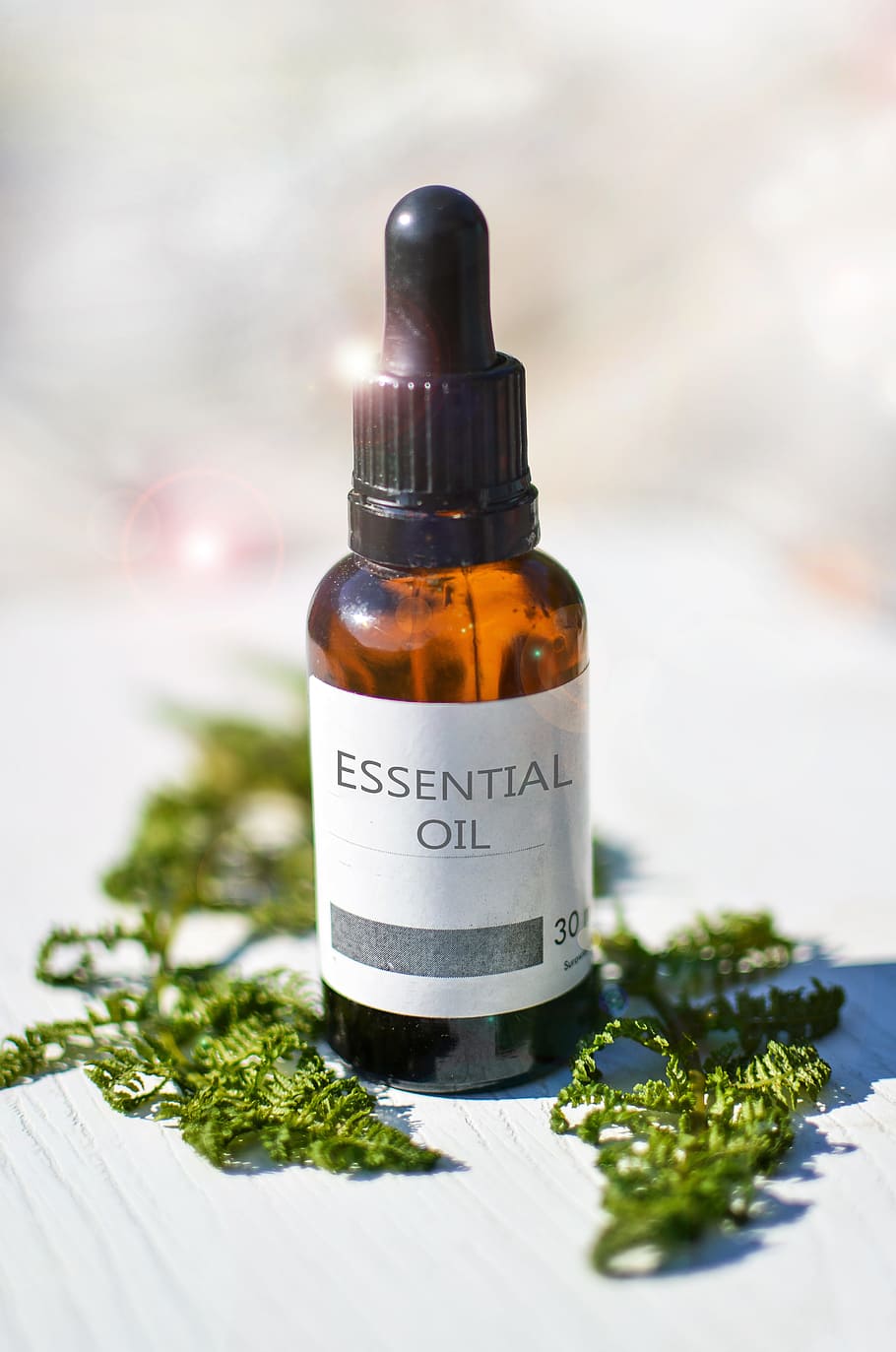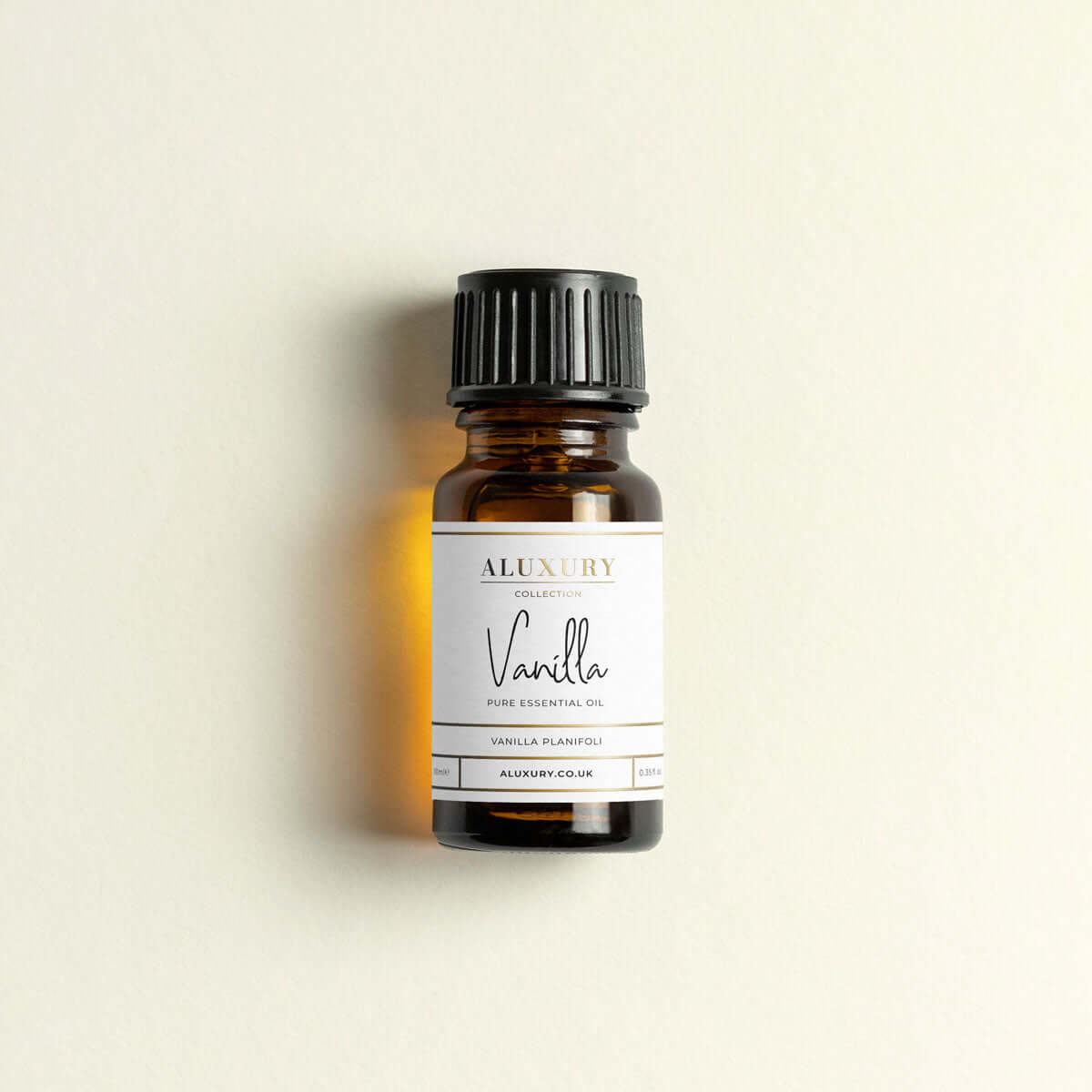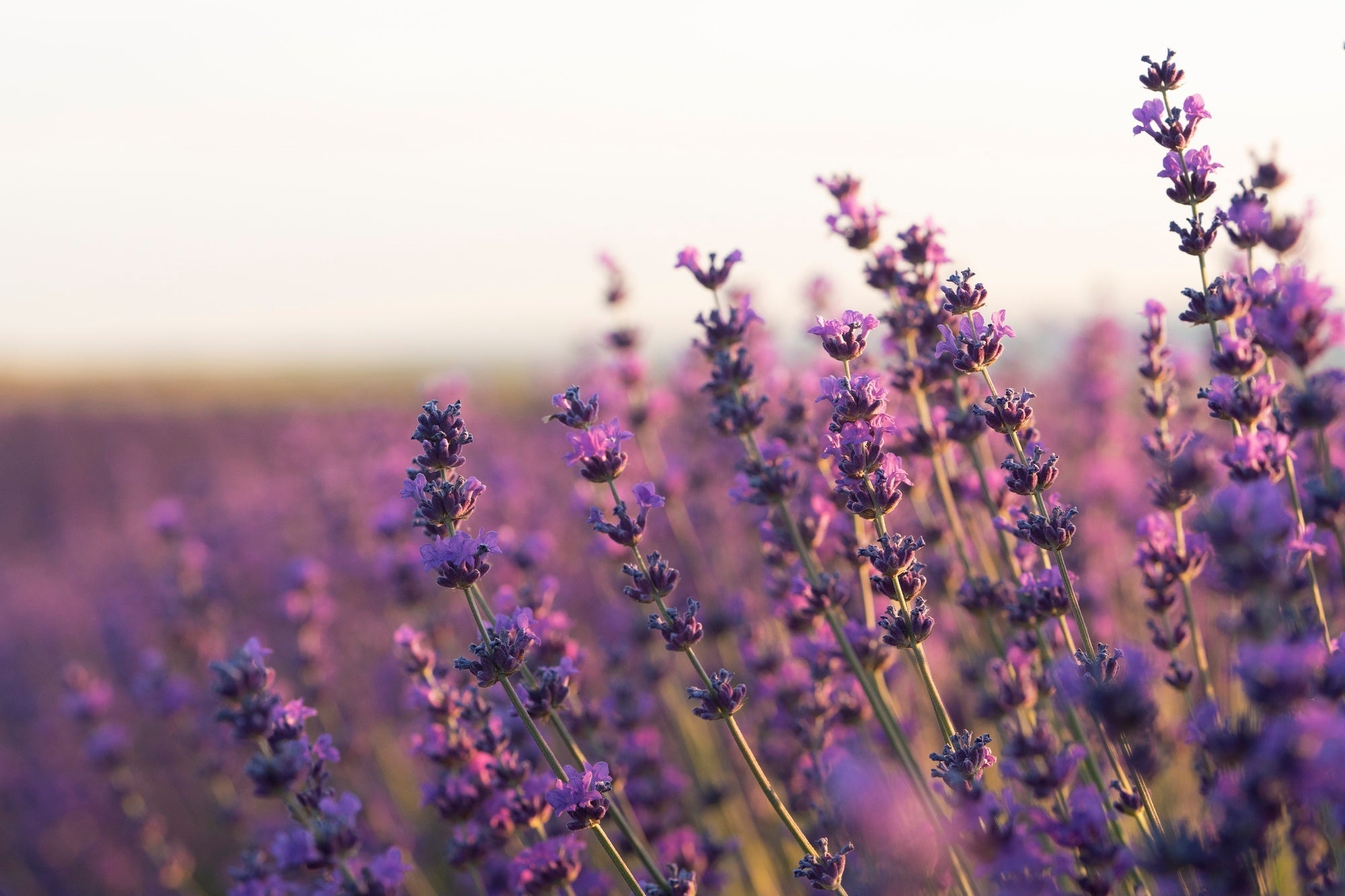Ever wondered why some fragrances linger long after others fade? The answer lies in base note essential oils, the unsung heroes of aromatherapy and perfumery. Acting as the foundation of any blend, they provide depth, longevity, and balance. Understanding the role of essential oil notes can help you create captivating blends and perfumes tailored to your preferences.
In this article, we’ll explore:
-
What base note essential oils are
-
How they differ from top note essential oils
-
Their role in essential oil perfume notes
-
Popular examples and practical tips for use
-
The science behind base notes and their effect on mood and wellbeing
What Are Base Note Essential Oils?
Base note essential oils are the foundation of fragrance blending. They are the longest-lasting oils in a blend, often with rich, earthy, or woody aromas. These oils evaporate slowly, anchoring lighter notes like top and middle notes to create a harmonious and balanced scent profile.
Characteristics of Base Note Essential Oils:
-
Longevity: Lasting hours or even days in a blend.
-
Aroma: Deep, rich, and grounding. Common profiles include woody, earthy, or spicy scents.
-
Fixative Properties: Stabilise and enhance lighter notes in a blend.
Examples of popular base note essential oils include:
-
Patchouli: Earthy and musky, perfect for grounding blends.
-
Sandalwood: Smooth, woody, and creamy, often used in luxury perfumes.
-
Vetiver: A grassy yet smoky aroma ideal for stress-relief blends.
The Role of Base Notes in Essential Oil Fragrance Notes
In perfumery and aromatherapy, oils are classified based on how quickly they evaporate and their impact on the overall blend. These classifications—top, middle, and base notes—are essential to creating balanced fragrances.
Why Base Notes Matter:
-
Anchor the Blend: They ensure that the fragrance lingers, making it more long-lasting.
-
Enhance Complexity: Base notes add depth to a fragrance, creating a multidimensional experience.
-
Set the Tone: Their grounding properties make them ideal for creating calming or meditative blends.
The Science Behind Base Notes and Wellbeing
Base note essential oils aren’t just about aroma; they also offer therapeutic benefits. The molecular structure of these oils makes them heavier and slower to evaporate, contributing to their grounding effect.
Emotional Benefits:
-
Calming: Oils like vetiver and patchouli reduce anxiety and promote relaxation.
-
Stabilising: Frankincense is often used in spiritual practices for its centring properties.
-
Balancing: Sandalwood helps create a sense of emotional equilibrium.
Physical Benefits:
-
Skin Care: Many base note oils have anti-inflammatory and moisturising properties, making them ideal for skincare.
-
Respiratory Support: Frankincense and myrrh can help soothe the respiratory system.

Base Notes vs. Top Notes: What Sets Them Apart?
While top note essential oils deliver an instant freshness, they evaporate quickly. Base notes, on the other hand, unfold slowly and linger.
|
Feature |
Base Note Essential Oils |
Top Note Essential Oils |
|
Evaporation Rate |
Slow |
Fast |
|
Aroma |
Rich, earthy, grounding |
Light, fresh, uplifting |
|
Longevity |
Hours to days |
Minutes to hours |
|
Examples |
Sandalwood, patchouli |
Lemon, eucalyptus |
Blending both types ensures your fragrance has both immediate appeal and lasting power.
Popular Base Note Essential Oils
1. Patchouli
-
Aroma: Earthy and musky
-
Uses: Balances emotions, soothes skin, and enhances blends.
-
Benefits: Known for its grounding properties and ability to rejuvenate the skin.
2. Sandalwood
-
Aroma: Woody, creamy, and smooth
-
Uses: Ideal for meditation, skincare, and luxury perfumes.
-
Benefits: Helps improve focus and reduce feelings of stress.
3. Vetiver
-
Aroma: Smoky, grassy, and grounding
-
Uses: Reduces anxiety, promotes sleep, and adds depth to blends.
-
Benefits: Popular in sleep aids and calming blends.
4. Frankincense
-
Aroma: Resinous and slightly sweet
-
Uses: Spiritual practices, anti-ageing skincare, and respiratory blends.
-
Benefits: Supports immunity and encourages mindfulness.
5. Myrrh
-
Aroma: Warm and resinous
-
Uses: Skincare, meditation, and spiritual rituals.
-
Benefits: Known for its antibacterial properties and grounding effects.
Practical Tips for Using Base Note Essential Oils
1. Blending for Perfumery:
-
Use a ratio of 30% base notes, 50% middle notes, and 20% top notes for a balanced perfume.
-
Example Blend:
-
Base: 2 drops Vetiver
-
Middle: 4 drops Geranium
-
Top: 3 drops Bergamot
2. Blending for Aromatherapy:
-
For stress relief: Patchouli + Lavender + Sweet Orange
-
For focus: Sandalwood + Rosemary + Lemon
3. In Skincare Products:
-
Combine sandalwood or frankincense with carrier oils like jojoba for a moisturising effect.
How to Choose Quality Base Note Essential Oils
-
Source Transparency: Look for oils sourced from reputable suppliers with clear extraction methods.
-
Purity: Opt for 100% pure essential oils without additives or dilutions.
-
Certification: Choose oils certified organic or therapeutic grade for the best results.

Advanced Tips for Base Note Enthusiasts
Layering Fragrances
Combine multiple base notes with complementary profiles for a richer aroma. For example, sandalwood and patchouli blend seamlessly to create a warm, earthy fragrance.
Ageing Blends
Base note oils develop character over time. Allow your blends to age for 48 hours to enhance their aroma.
Experimenting with Ratios
Base note oils can overpower a blend if used excessively. Start with minimal amounts and adjust based on your preferences.
Conclusion: Unlock the Power of Base Note Essential Oils
Base note essential oils are the backbone of fragrance and aromatherapy. They provide depth, longevity, and balance, making them indispensable for creating captivating blends and perfumes.
Whether you’re crafting a personal fragrance or seeking emotional and physical benefits, understanding essential oil perfume notes will help you unlock their full potential.
Begin exploring base note essential oils today and discover how these powerful aromas can transform your blends into masterpieces.






Share: